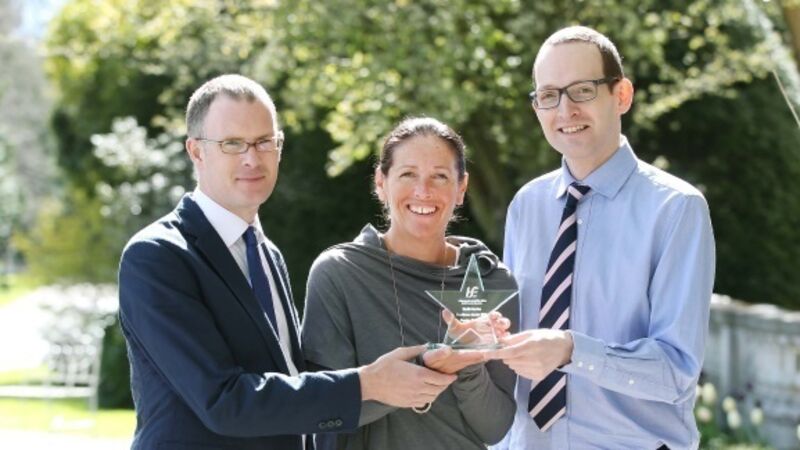Cork-based epilepsy outreach service honoured

The Community Epilepsy Outreach Service collected the Popular Choice Award, which was decided by a special online voting poll, at a ceremony held in Dublin last night.
The service was established just two years ago with the aim of providing a high-quality specialist epilepsy care service to people with an intellectual disability and living in residential care.













